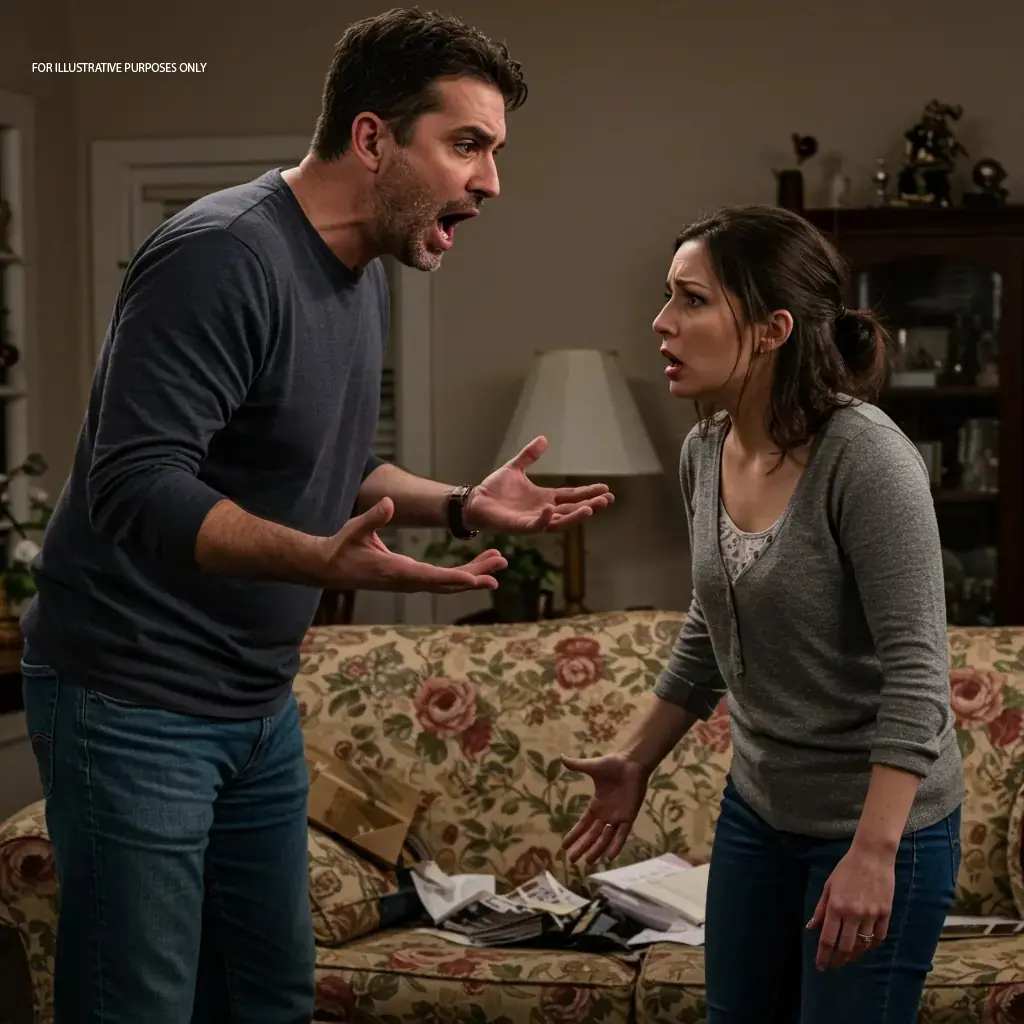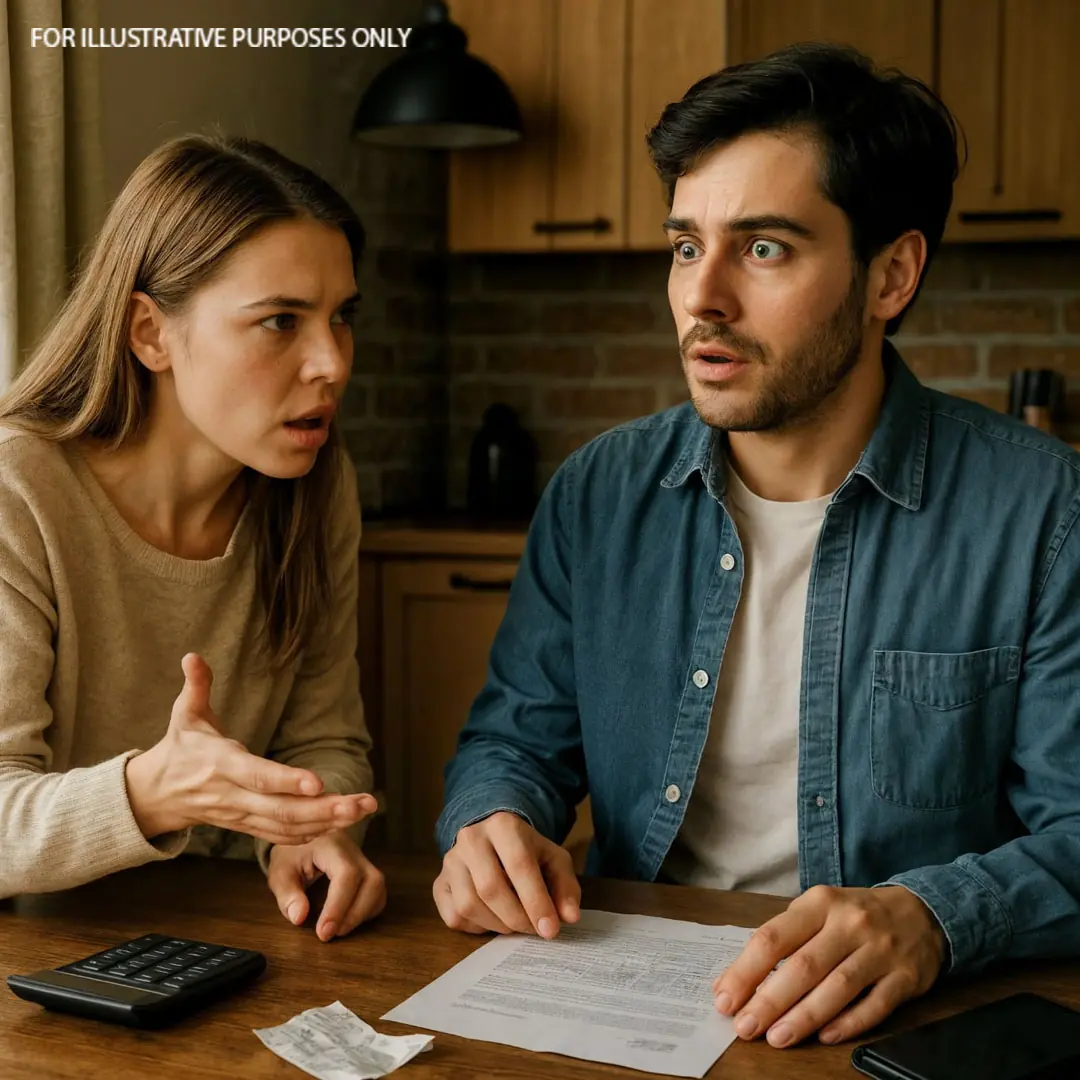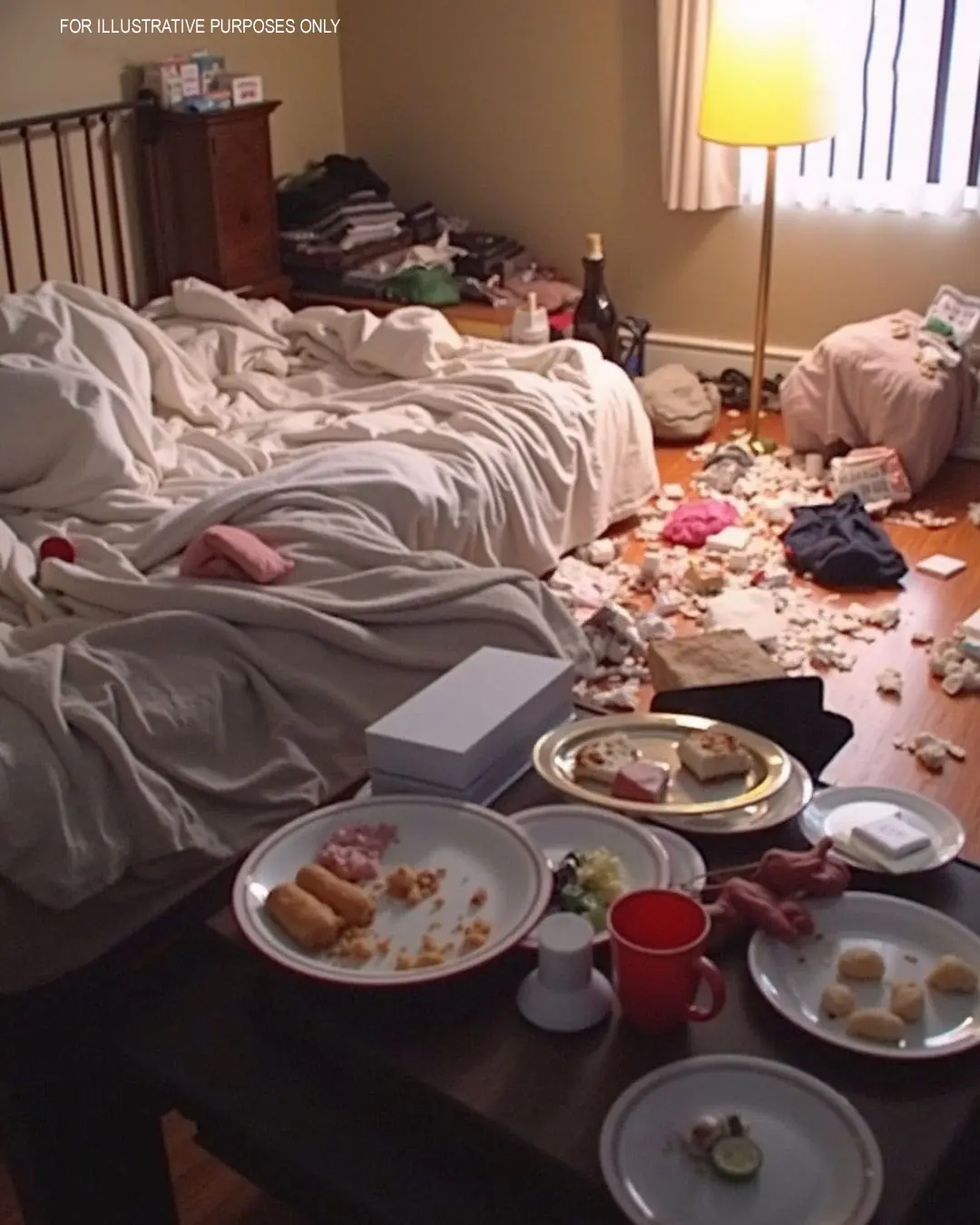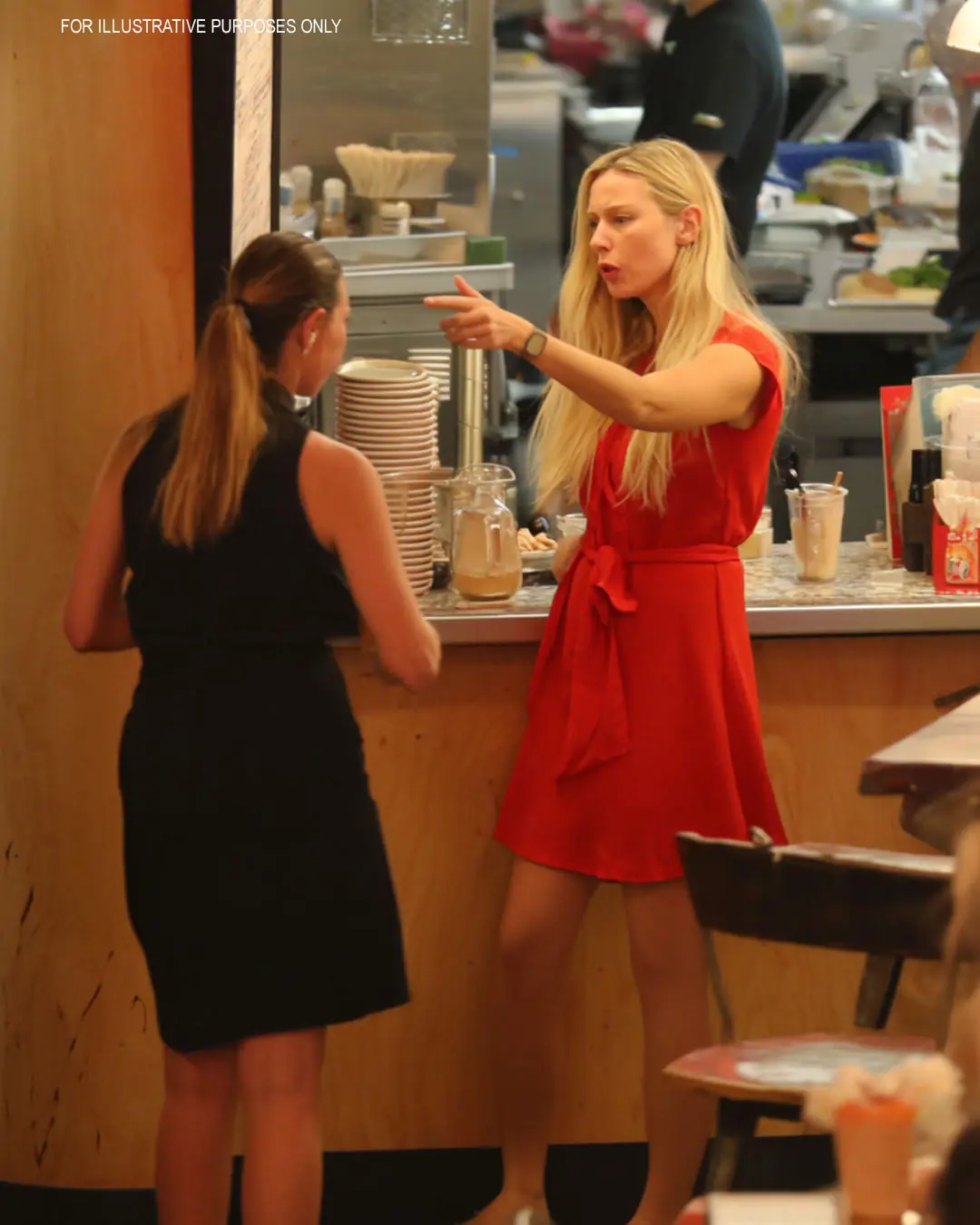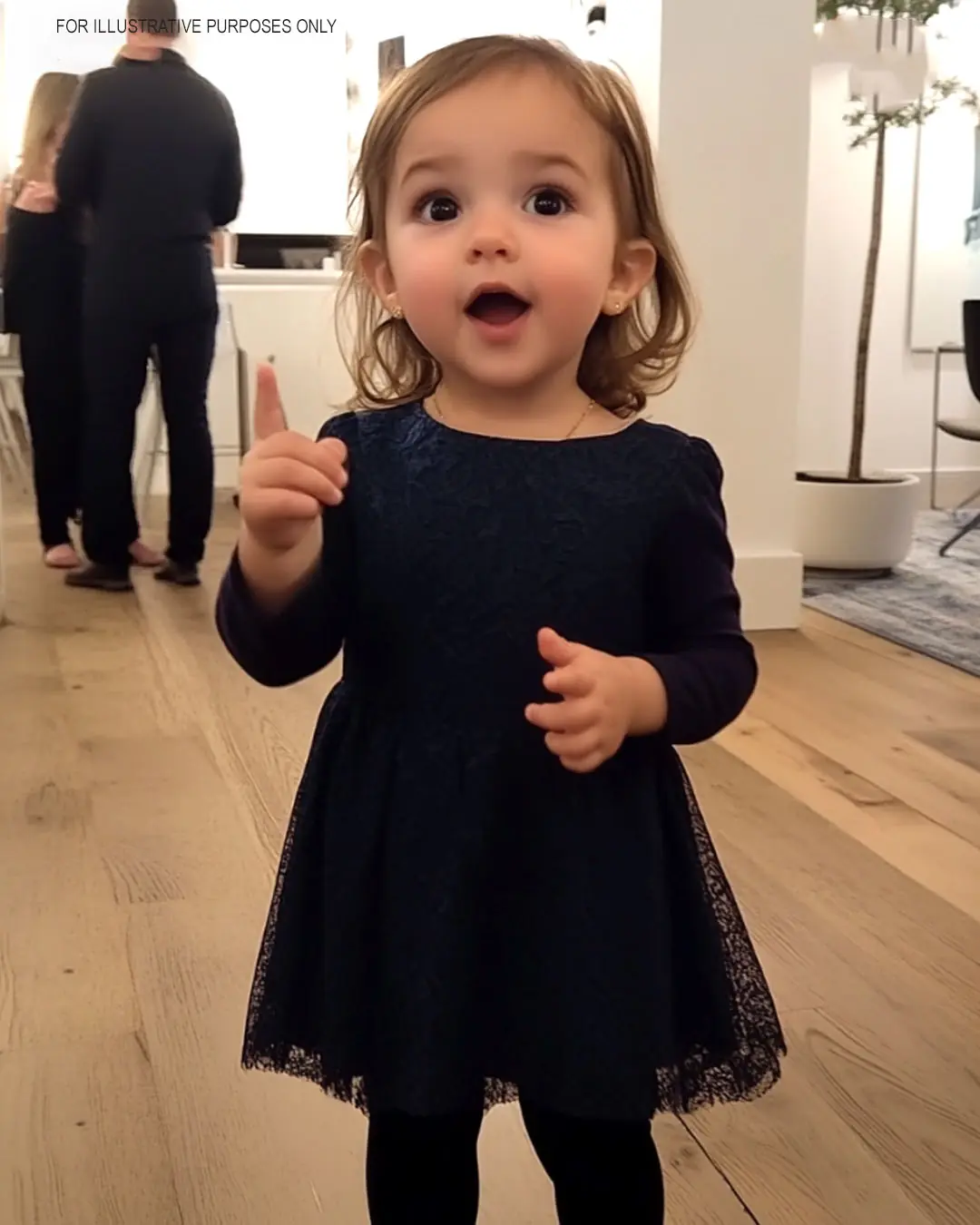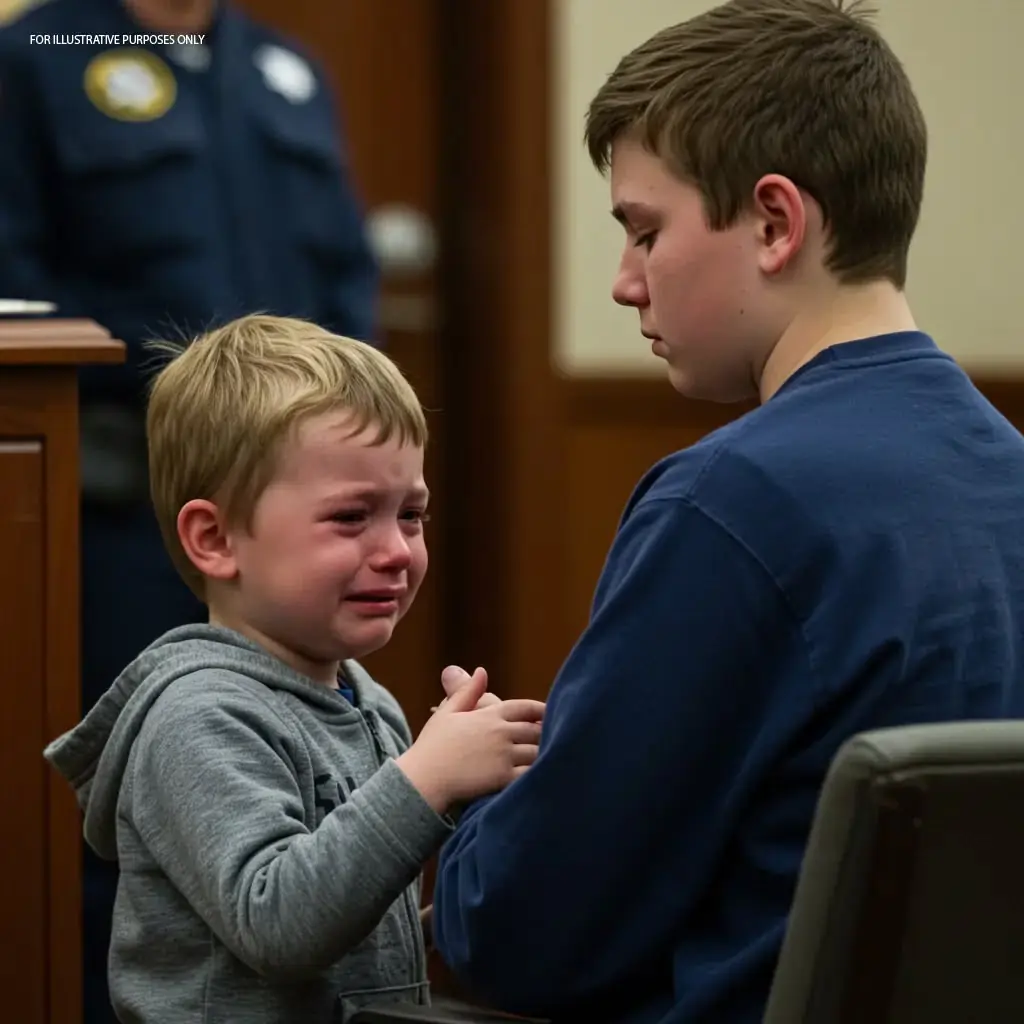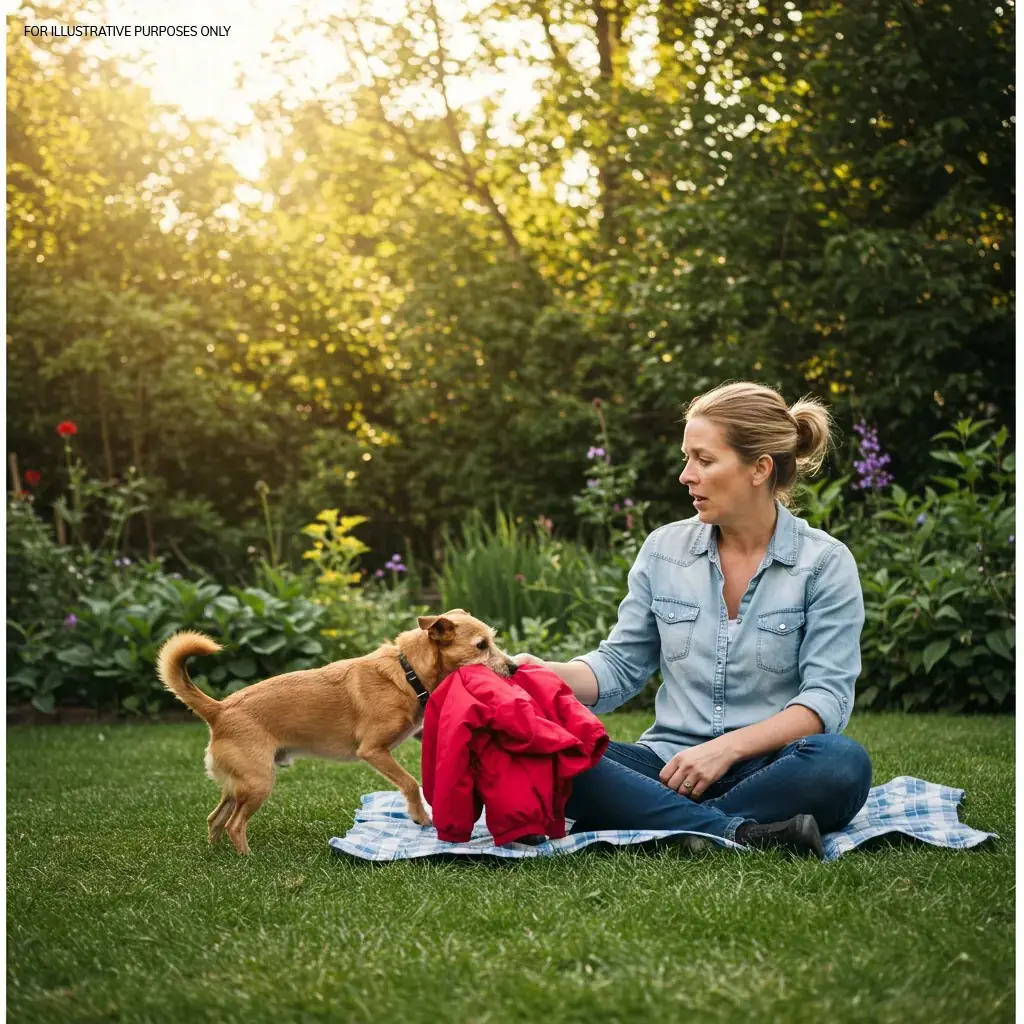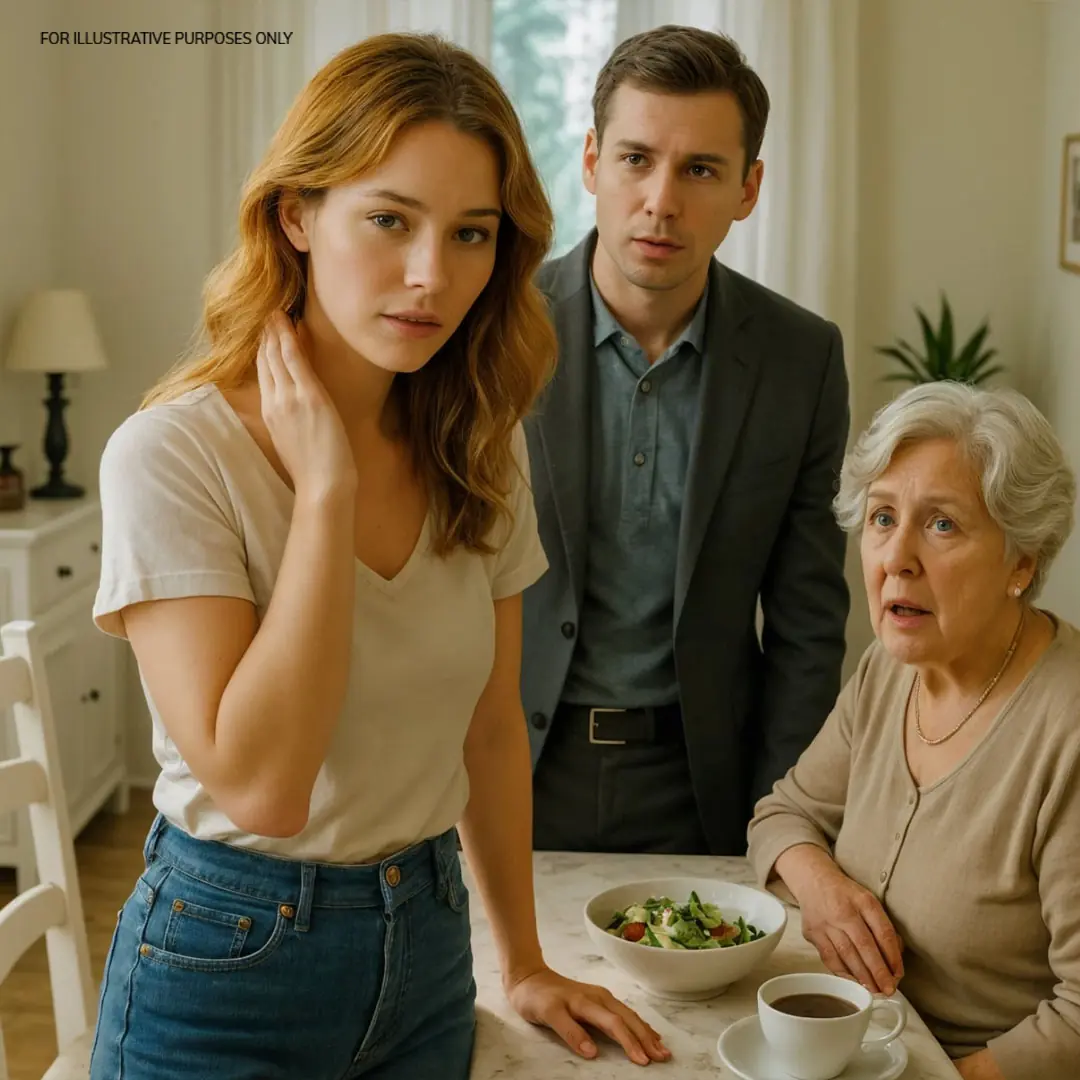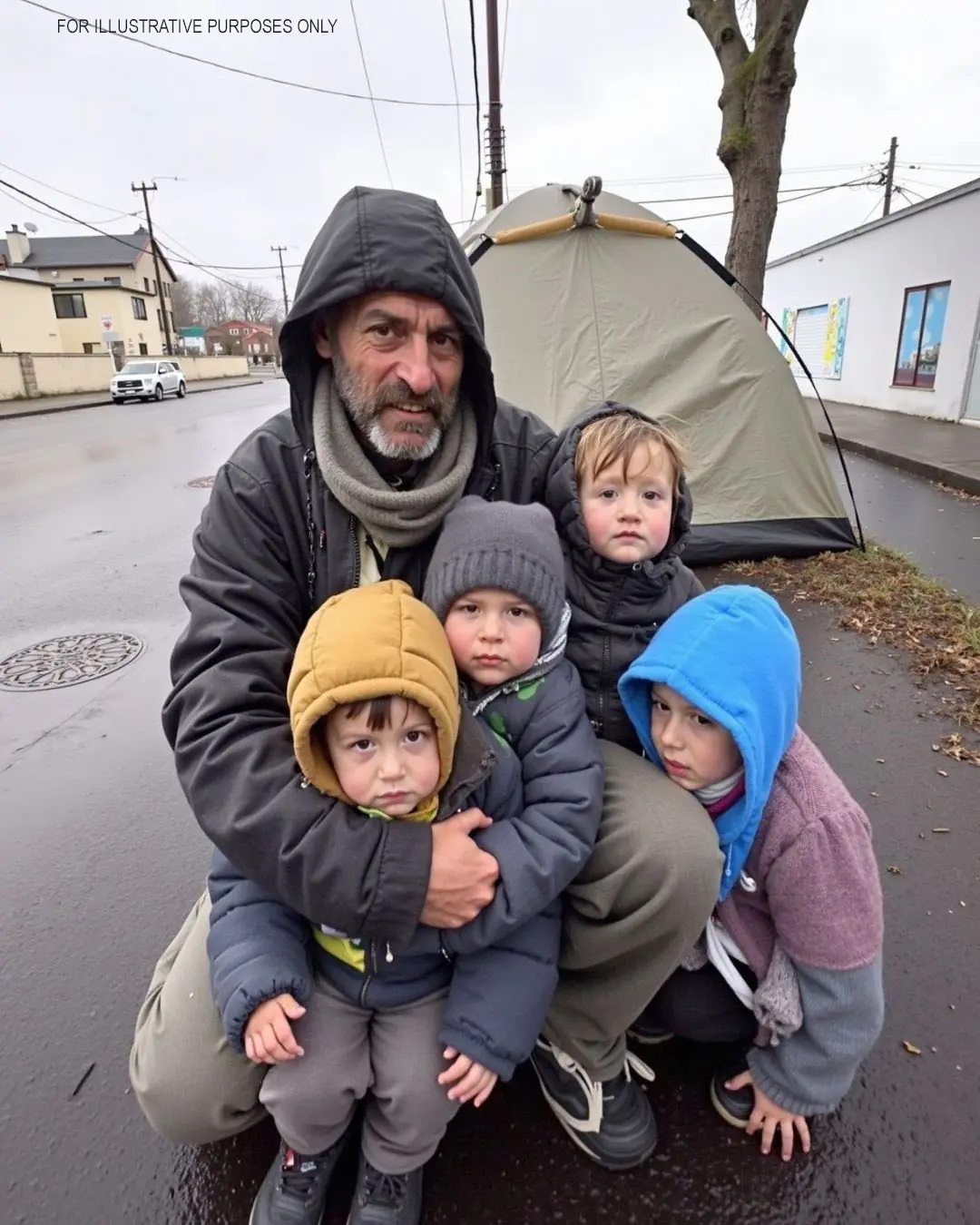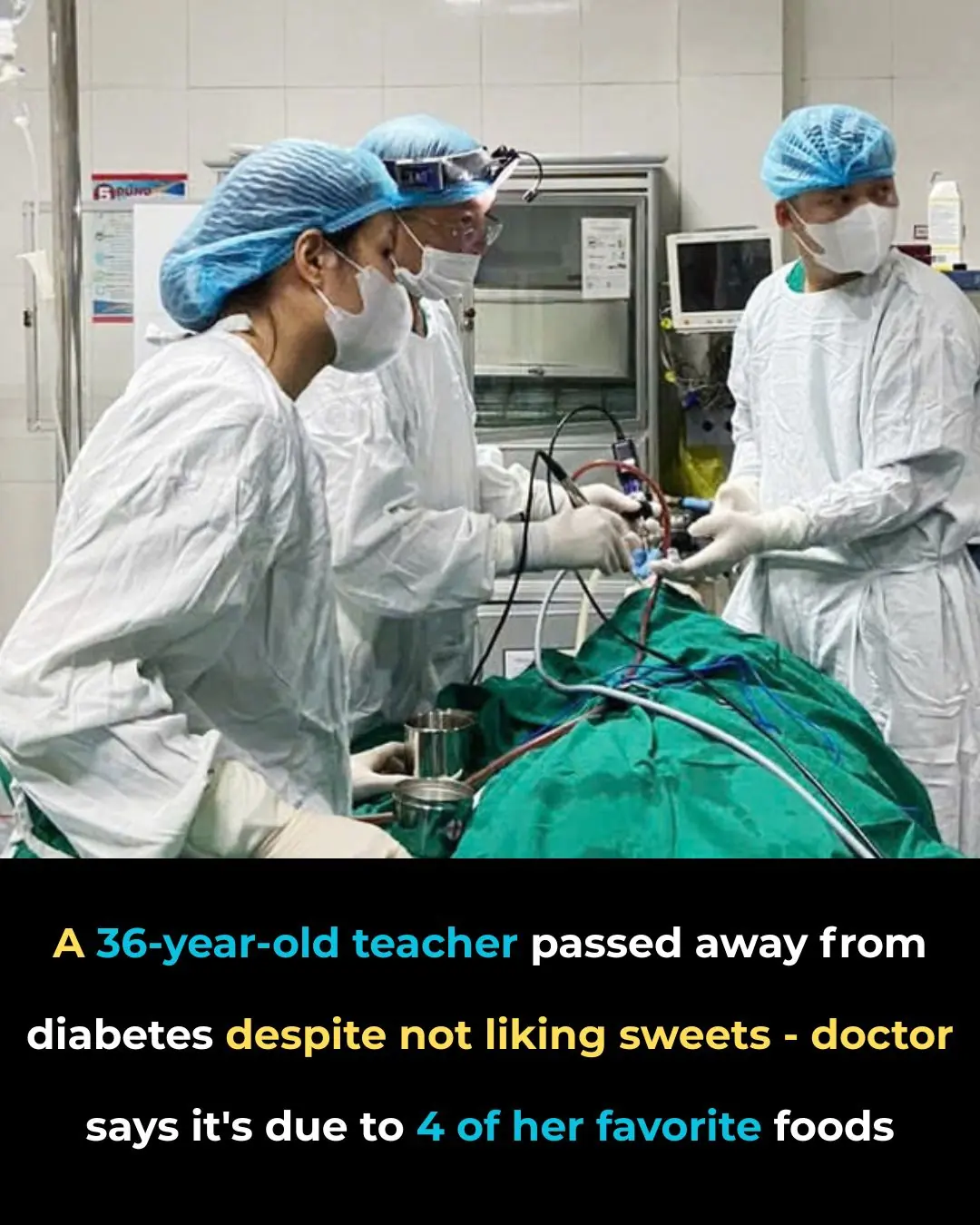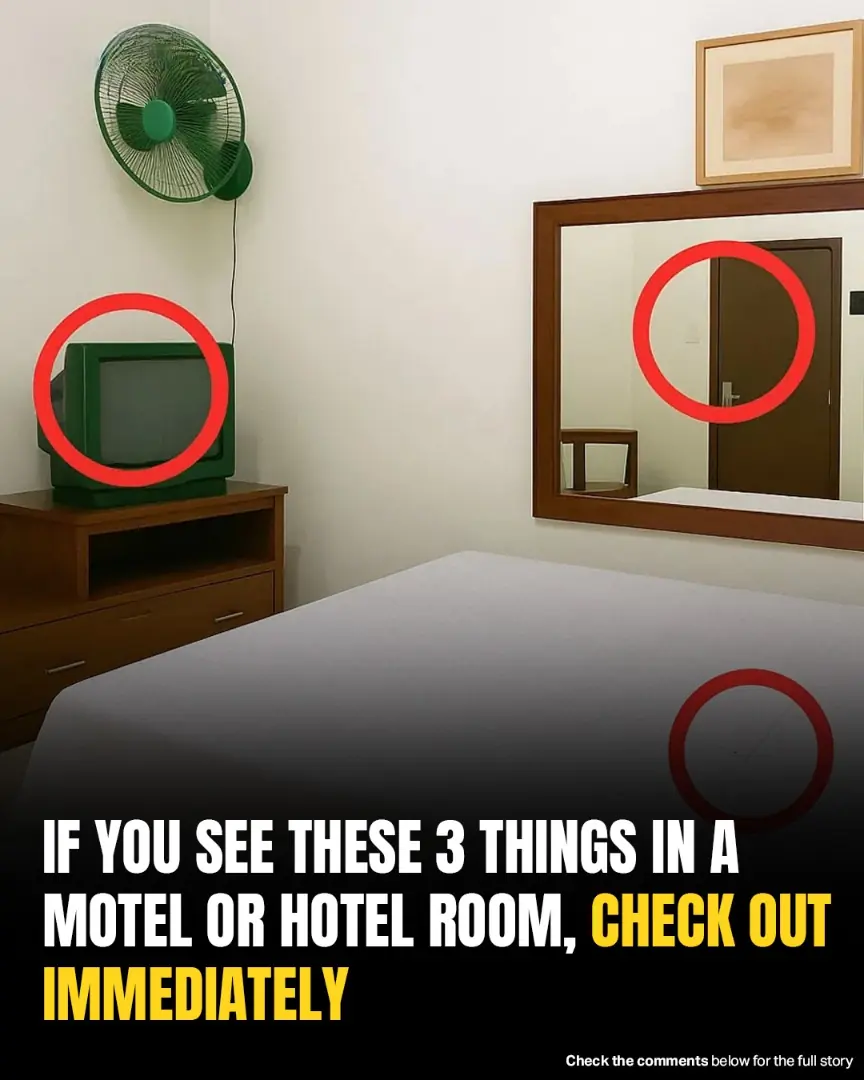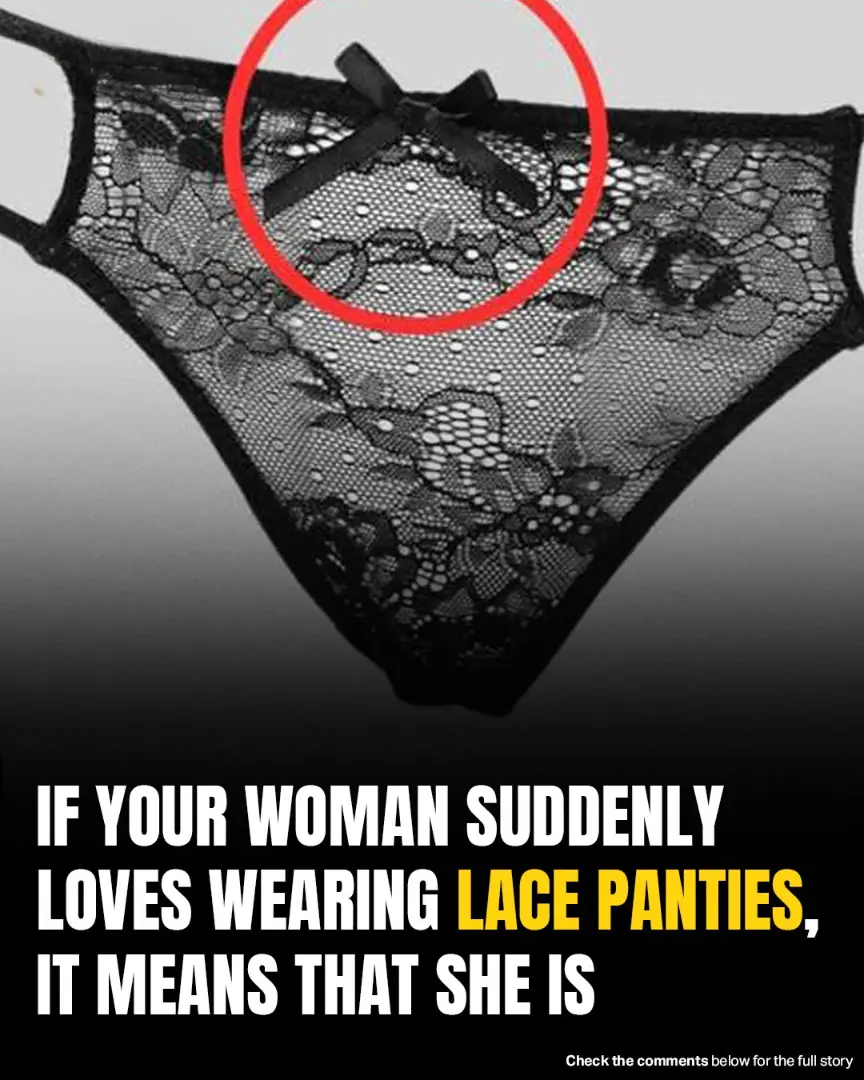Lidia's aged fingers tightly grasped the cup of cold tea. Thirty-two years of marriage, thousands of dinners shared, endless laundry of his shirts—and now, she sat alone in their kitchen, surrounded by memories of a life once lived together.
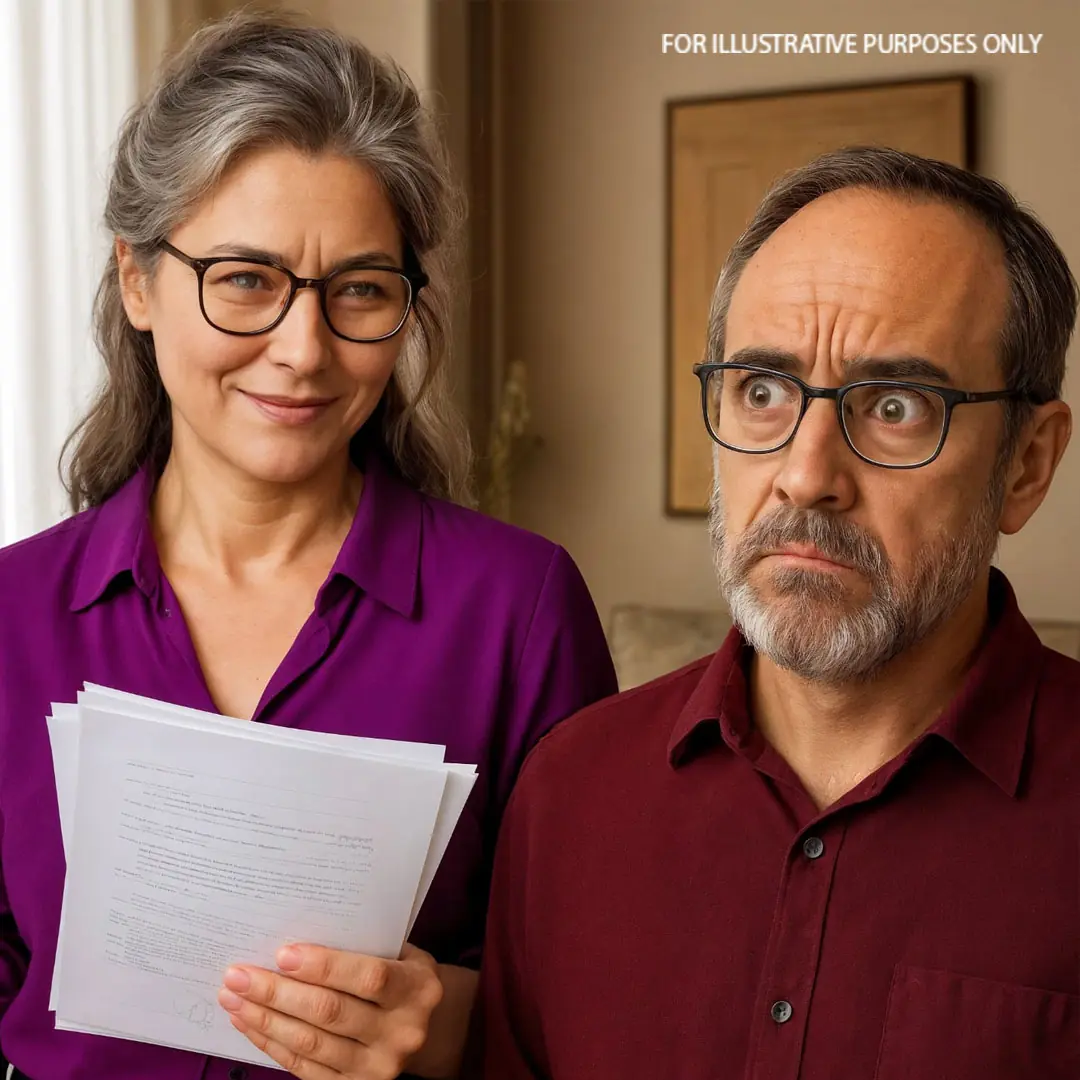
“I don’t understand, Vitya,” her voice cracked, like a fragile string. “You’re really just... leaving?”
Victor moved with calm precision, folding his things into an old suitcase, as if it were a task as ordinary as any other. His motions were slow, deliberately allowing Lidia time to comprehend what was happening.
"Lida, we both knew this was bound to happen," he didn’t even glance at her. "Everything between us died long ago. I want to live for myself. I’m sixty now, and there’s still so much I haven’t done."
Lidia felt a sharp jolt, as though he had slapped her. Thirty-two years of shared memories—trips, theatre nights, holidays—suddenly reduced to "nothing."
"How old is she?" Lidia asked, her voice steady despite the storm brewing inside her.
"Thirty-five," Victor finally met her gaze. "Her name is Katya. She’s... different. You understand?"
"Younger than me by twenty-two years? Is that what you mean?" Lidia felt the last shred of hope and illusion crumble inside her.
“Not just that,” Victor snapped the suitcase shut. “She’s full of life, laughs loudly, doesn’t count every penny.”
“I controlled the money to get us this apartment! To send Masha to university!” Lidia's voice rose in frustration.
“You see? You always yell. I’m just tired,” Victor muttered.
Lidia pressed her lips together. She yelled? After all these years, this was the accusation she had?
“I’ll come back for the rest of my things later,” he continued. “The apartment’s papers are with the notary, and we have equal shares, so don’t even think about…,” he faltered, looking for the word, “acting on this.”
“Where are you going now? To her?” Lidia’s voice was soft, yet firm.
“Yes, Lida. To her.”
Victor reached for the door but stopped before leaving.
"You know, I think it’s better this way. You’ll have a break from me. Maybe you’ll understand me better."
Lidia looked at him, her heart sinking.
"Understand you?" she asked, her lips curling bitterly. "And will you understand what I feel?"
"You’re strong, Lida. You’ll manage," he said, walking out, the door slamming behind him.
Lidia remained in the apartment, surrounded by memories—mugs, curtains, everything once chosen together. She sat motionless until the tea was completely cold, then suddenly hurled the cup at the wall, the crash of porcelain echoing through the silence like a call to action.
“That’s it? He just... left?” her daughter Masha’s voice rang out, indignant, through the phone.
“Yes,” Lidia paced around the apartment, holding the phone, her fingers tracing the edges of framed photos. “He packed his things and went to her. Can you imagine, Masha, he said I’d ‘manage.’”
“Mom, what a... self-centered man! Thirty-two years!” Masha exclaimed, unable to find a softer word.
“Thirty-two years,” Lidia repeated, her eyes lingering on their wedding photo.
For two weeks, Lidia barely left the house. She lay on the bed, stared at the ceiling, sifted through photo albums, and cried until no tears remained. Then one morning, clarity pierced her mind like a beam of light.
“I will manage,” she said aloud, addressing the empty pillow beside her.
Later that day, she called her friend Nina, a family law attorney she had known for years.
“Lida, we’re running out of time,” Nina laid out papers on the café table. “If he’s already mentioned property division, it means Katya’s got him turning against you.”
“What should I do?” Lidia asked, her voice resolute.
“Transfer your share of the property to Masha urgently,” Nina advised. “As for the savings…”
Lidia absorbed every word, taking notes. After the meeting, she went straight to the bank and withdrew half of the joint account. “Fifty percent is mine, Vitya. Remember?”
“Mrs. Vorontsova, are you sure about this? This account has very favorable terms,” the bank employee asked, confused.
“Absolutely sure,” Lidia smiled calmly, surprising even herself.
The following days were filled with a flurry of legal meetings and notary offices. Lidia collected documents, signed papers, and made copies. With each task completed, she felt a sense of control returning to her life.
A month later, Victor called.
“Lida?” His voice sounded hesitant. “How are you?”
“Wonderful, Vitya,” she answered with ease.
“I... want to come by for the rest of my things. And to talk.”
Pause.
“Of course, come,” Lidia’s voice was cool. “Maybe we’ll even have dinner together? Like old times.”
“Really?” His voice brightened with joy. “I’ll be there tomorrow at seven.”
After hanging up, Lidia called Nina.
“He wants to come tomorrow. Looks like something’s gone wrong with Katya.”
“I bet she quickly tired of his old socks lying around,” Nina chuckled. “Are all your papers in order?”
“Everything,” Lidia answered, glancing at the neatly stacked documents on the table. “Divorce finalized by proxy, gift deed for Masha registered, accounts closed, new ones opened.”
“Lidochka, you’re amazing,” Nina’s voice brimmed with pride. “Remember, stand tall, no matter what he says.”
The next day, Lidia styled her hair for the first time in a while. She wore the blue dress Victor had always liked on her. She made his favorite dinner—a potato casserole with mushrooms.
At seven, the doorbell rang.
Victor looked older—his wrinkles deepened, his hair thinner. And there was that faint smell of another woman’s cologne, still clinging to him.
“Lida,” he smiled awkwardly at the door, “you look wonderful.”
Lidia silently pointed to the coat rack and headed into the kitchen.
“Smells amazing,” Victor followed her, sniffing the air. “My favorite casserole?”
“I thought it was time to remember old times,” Lidia’s tone remained neutral.
They sat at the table. Victor twirled his fork, unsure of how to begin.
“How are you living?” he finally asked.
“Great,” Lidia served him a portion. “I go to the pool, I’ve enrolled in Italian courses.”
“Italian?” he raised his eyebrows. “You always wanted to learn that…”
“Yes, for thirty years,” she smiled, sipping her wine. “And how are you, Vitya? How’s Katya?”
Victor choked, setting his fork down.
“We… broke up,” he muttered, looking down. “It wasn’t what I thought.”
“Is that so,” Lidia continued eating as if discussing the weather.
“She was… too demanding,” Victor hurried. “She complained about my habits, wanted gifts, dinners out. We moved in together, and a week later, she said I didn’t provide enough comfort. Me, you know? Me, who’s always…”
“Young women have their own ideas about life,” Lidia shrugged. “Wasn’t that what you wanted? A vibrant woman who ‘laughs loudly’?”
Victor grimaced, hearing his own words echo back at him.
“Lida, I made a mistake,” he reached for her hand, but she gently pulled away. “I understand now. These weeks without you were a nightmare.”
Lidia looked at him—this man who had shared so much of her life. But now, there was no anger, only weariness... and freedom.
“We can fix everything,” Victor continued hopefully. “Start over. I’ll never…”
“Wait,” Lidia stood and went to the hallway, returning with a thick brown envelope. “Look here first.”
Victor frowned as he took the envelope.
“What’s this?”
“Open it.”
He spread the papers across the table—divorce certificate, documents transferring part of the apartment to Masha, bank statements closing their joint accounts.
Victor’s face fell, shifting from confusion to anger.
“What kind of joke is this?” His voice cracked. “What have you done?”
“Me?” Lidia poured herself more wine, her face calm. “I protected myself, Vitya. Just like you said—I ‘managed.’”
“But this... it’s not fair!” He looked at the papers like they were venomous snakes. “The apartment is in both our names!”
“It was,” Lidia nodded. “But you left, and as the legal spouse at the time of the gift, I had the right to dispose of my share. And since we’re divorced, your share remained yours. The car is yours too, don’t worry.”
“You... filed for divorce? Without me?” Victor grabbed his head. “How could you?”
“And how could you leave after thirty-two years?” Lidia’s voice finally became firm. “You wanted freedom—now you have it. Completely.”
Lidia didn’t answer immediately. She just stood there, holding the plates close to her chest.
“No, Vitya,” she said softly, almost whispering. “You didn’t lose everything. But you lost me—the one you knew.”
Perhaps she felt a pang of sympathy for him—so weak, disheveled, distant... Yet, still forever near. You can’t undo that—so many years, habits, even the way they checked the time was often the same.
“Lida…” He stood, trembling. “I can’t do this alone.”
“You can,” she gently interrupted. “Everyone can. And you will—if you want to.”
Outside, the tree rustled in the night wind, the leaves swaying as if reluctant to let go of summer. Lidia suddenly thought: inside, it was no longer cold. In fact, it felt warm. She used to be afraid of being alone. But now… now, for the first time in many years, she wanted to live for herself. To plan a new path, open the balcony door and not fear the draft. For the first time in a long time, she didn’t need anyone’s permission.
She looked at Victor, standing in the doorway, a little lost, like a child among broken toys.
“Try, Vitya,” Lidia said, and for the first time that evening, she smiled at him. “It’s not all in vain.”
Victor nodded, slowly, without reproach. Just quiet acceptance.
“I’ll go,” he said.
“I know,” Lidia answered.
When the door closed behind him, she leaned against it for a long moment, listening to the silence outside. Then, she called Masha.
“Masha? Yes, he came. Yes, everything is fine. Listen, I was thinking… Maybe we don’t go to Italy in January, but in December? I’m ready, darling. I’m absolutely ready.”
Outside, rain began to fall. Lidia didn’t notice. She looked at photos of Italy on her tablet and smiled at the new day she had once feared. Now she knew: after every end, something new always begins. Sometimes, you have to lose everything to truly find yourself. And perhaps everything is possible.
